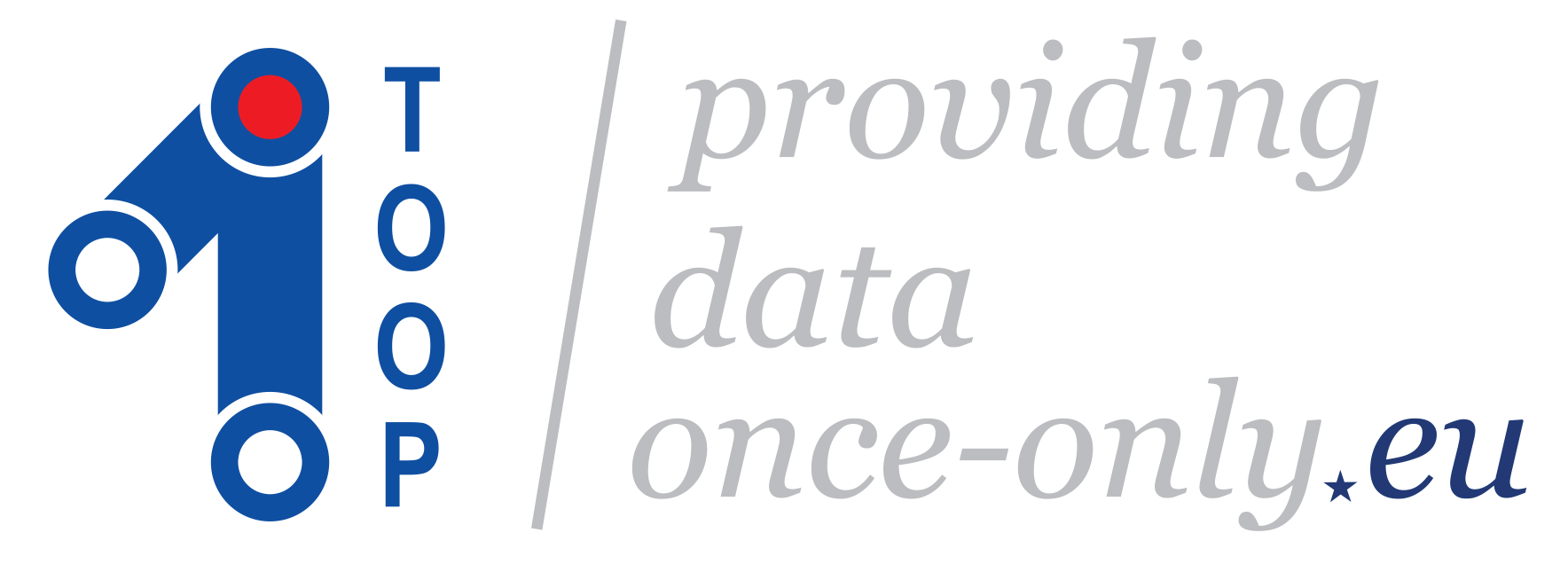
Next TOOP Deliverables published!
TOOP has submitted its next deliverables to the European Commission that give an overview of legal landscape regulations and describe drivers and barriers for the implementation of the once-only principle (OOP) in Europe.
The Once-Only Principle Project (TOOP) has submitted two deliverables “D2.5 Overview of Legal Landscape Regulations” and “D2.7 Drivers and Barriers for the OOP” to the European Commission. Both deliverables are open for public use.
D2.5 includes an inventory of the legal landscape and the regulations (both existing and emerging) that will have an impact on TOOP pilot activities across the pilot areas. It focuses on the legal drivers and barriers and explains how these barriers will be addressed within the context of TOOP. The overall structure and logic of the deliverable emerges from the need to ensure that TOOP complies with existing legislation, satisfies national legal and policy requirements, and provides a framework that can be applied to other pilots outside the context of TOOP. Besides, it aims to ensure that TOOP is in line with emerging legislation on the OOP, including specifically the recently proposed Single Digital Gateway Regulation.
The next steps, which are not yet fully developed in the present report, will be to instantiate the toolbox, i.e. to draft specific framework agreements, terms and conditions and policies that can be used in the actual development and roll-out of the TOOP pilots. In addition, the legal drivers and barriers will be reiterated and re-evaluated in the course of the project based on the experiences in the pilots, in order to ensure the long-term usability of TOOP outputs.
D2.7 presents the TOOP pilot participants’ perception of the key barriers and drivers for the cross-border implementation of the once-only principle, which were studied on the basis of a literature review, survey, focus group interviews and workshops. These include legal challenges (like meeting the requirements of lawfulness and compliance, privacy, and data protection) as well as technical barriers (technical and semantic interoperability) and organisational aspects (e.g. organisational inertia, low political prioritisation, limited resources, and the need to integrate multiple stakeholders). Therefore, it is expected that the architecture for cross-border OOP is as compatible with existing national solutions as possible.
A more extended executive summary of the content can be found in each of the documents published on TOOP website. The Once-Only Principle Project was launched by the European Commission under the EU research and innovation programme “Horizon 2020” in January 2017 as an initiative of about 51 organisations from 21 EU Member States and Associated Countries. The Federal Computing Centre of Austria (BRZ) and the German Federal Office of Administration (BVA), both members of Euritas, are part of the project.The main objective of TOOP is to explore and demonstrate the once-only principle across borders, focusing on data from businesses. Doing this, TOOP wants to enable better exchange of business related data or documents with and between public administrations and reduce administrative burden for both businesses and public administrations.
For more information on the project, visit: http://www.toop.eu/.